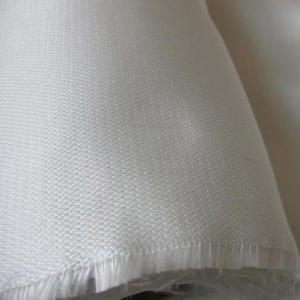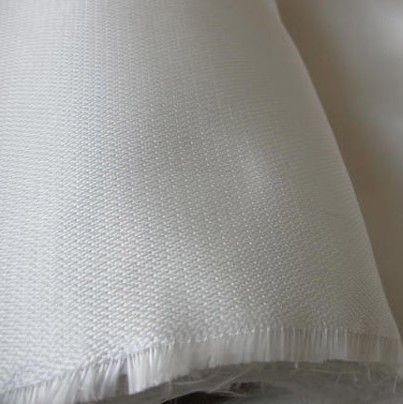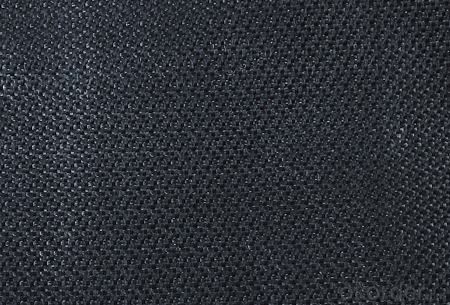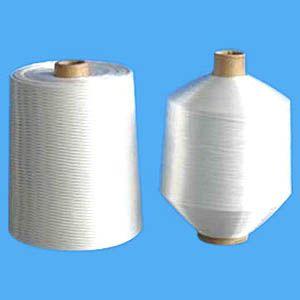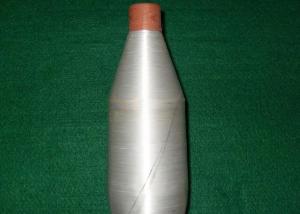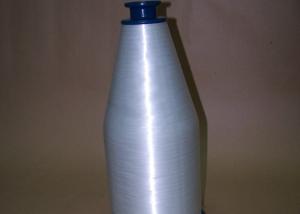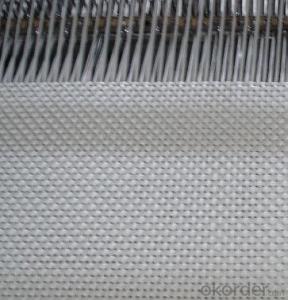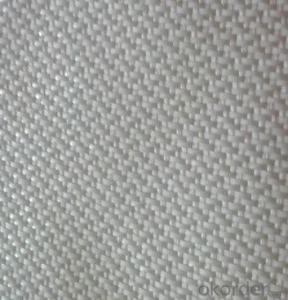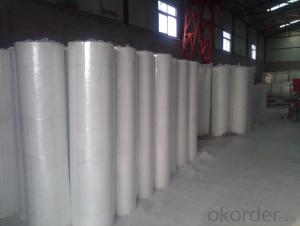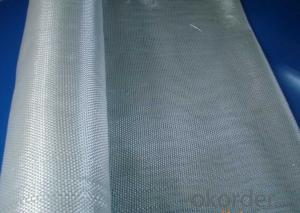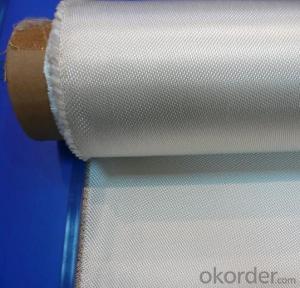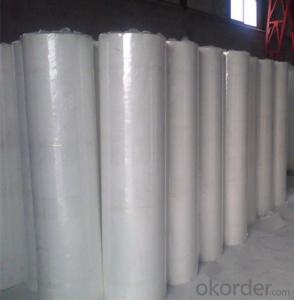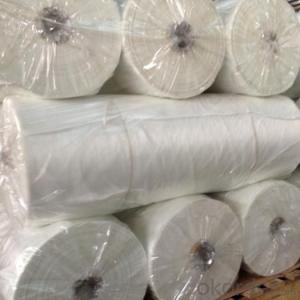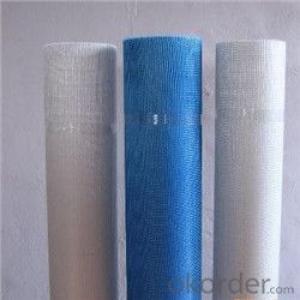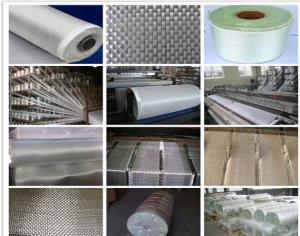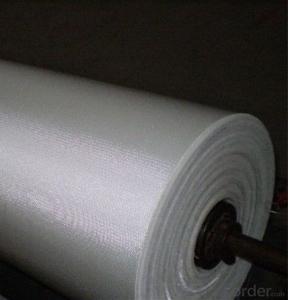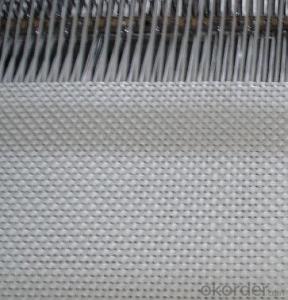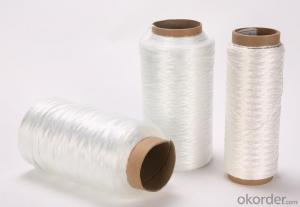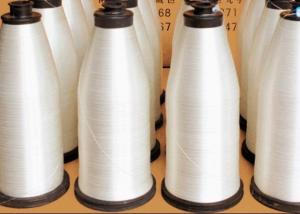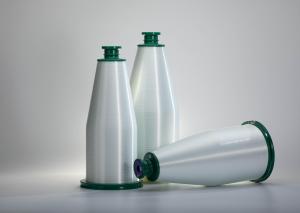Fiberglass Yarn Reinforced Fiberglass Fabric for Construction Use CNBM
- Loading Port:
- Shanghai
- Payment Terms:
- TT OR LC
- Min Order Qty:
- 500 m²
- Supply Capability:
- 50000 m²/month
OKorder Service Pledge
OKorder Financial Service
You Might Also Like
Fiberglass Fabric for Construction Use CNBM
Fiberglass Fabric Introduction:
Fiberglass fabric is weaved by high quality fiberglass,as a kind of engineering material,which is
many excellent characteristics:
flame-resisting,corrosion resistant,high strength,heat resistance.stable structure,good chemical resistance,durability.
Fiberglass Fabric Features:
Warp and weft yarns are parallel arrangement as flat situation, with uniform tension;
Fiber is aligned with large consistency, stable and easy operation;
Good moldability, fast and complete wet out in resins, resulting in high productivity;
Good transparency and high strength of composite products.
Fiberglass Fabric Specification:
mark | Fiber consistency(ends/ cm) |
Area weight (g/ m2) |
Thick-ness (mm) |
Width (cm) |
Length (mm) | Breaking strength(N)≥ |
weave | |||
Warp direction | Weft direction | Warp direction | Weft direction | |||||||
EW200 | 16 | 12 | 200±20 | 0.2 | 90-130 | 300-1200 | 980 | 980 | ||
EW210 | 16 | 12 | 200±20 | 0.21 | 90-130 | 300-1200 | 1080 | 1080 | Twill weave | |
Plain weave | ||||||||||
EWR360 | 3.2 | 1.8 | 354±18 | 0.35 | 50-300 | 100 | 2000 | 2000 | ||
EW280 | 16 | 10 | 280±28 | 0.26 | 90-130 | 300-1200 | 1800 | 1800 | ||
EW300 | 14 | 10 | 320±32 | 0.3 | 90-130 | 300-1200 | 1500 | 1500 | ||
EW430 | 20 | 12 | 420±42 | 0.43 | 90-130 | 300-1200 | 2000 | 2000 | Broken twill | |
EWR136 | 10 | 10 | 136±13 | 0.136 | 100 | 200 | 850 | 850 |
Plain weave | |
EWR200 | 8 | 7 | 200±20 | 0.21 | 100 | 200 | 1200 | 1200 | ||
EWR400 | 3.6 | 3.2 | 400±30 | 0.4 | 100 | 50-100 | 2500 | 2500 | ||
EWR600 | 2.6 | 2.5 | 600±50 | 0.6 | 100 | 40KG | 4000 | 4000 | ||
EWR580 | 2.5 | 2.3 | 576±29 | 0.58 | 100 | 40KG | 3850 | 3850 | ||
EWR800 | 1.8 | 1.8 | 800±60 | 0.8 | 100 | 40KG | 4600 | 4600 | ||
Product Show
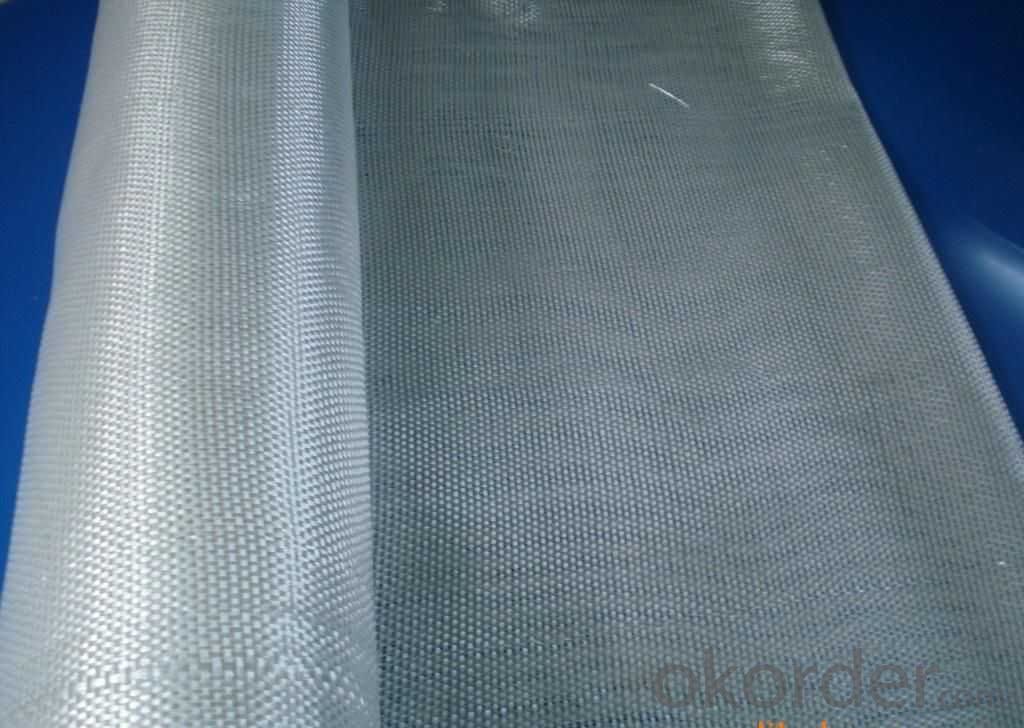
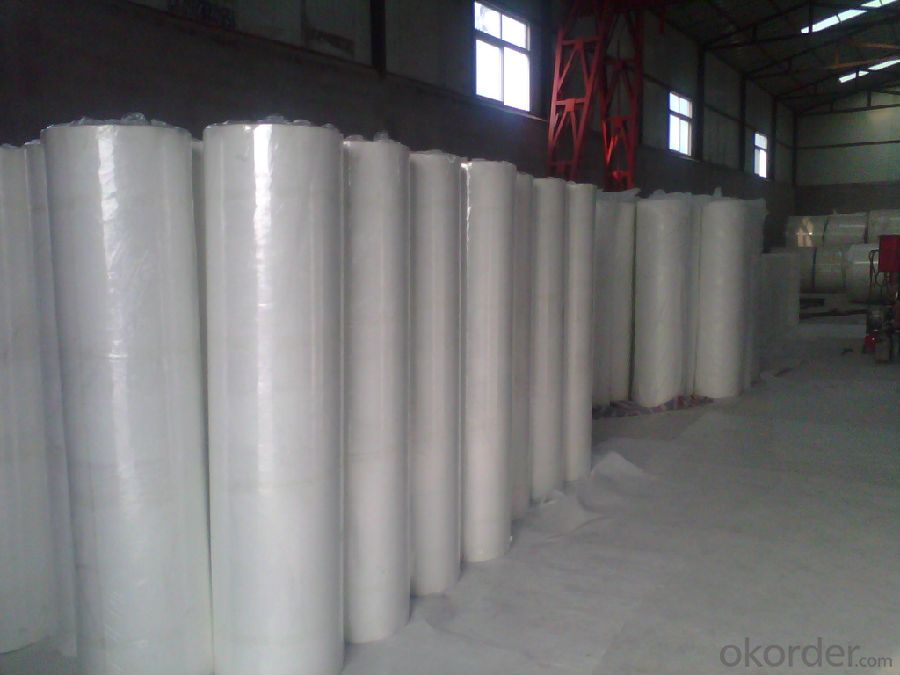
Fiberglass Fabric Usage:
E-glass woven roving is a schistose double faces reinforcement fabric that is weaved into from roving in directly.
E-glass fiber fabric (thin fabrics with thickness from 0.025 to 0.09mm) is suitable for electrical isolation mica product, wax cloth as the reinforcement materials.
E-glass woven roving applys to all kinds of polyester reinforcement system, (such as unsaturated polyester resin, vinylite,epoxy resin and phenolic resin.
E-glass woven roving is a high performance reinforcement material. It is widely used in hand lay-up and machinery processing products, (such as vessel, container, airplane and vehicle component, furniture, athletic facilities and other industry.
FAQ
1.Package of Fiberglass Fabric?
Fiberglass fabric is wound on a paper tube with inner diameters of 50. 8, 76 or 152mm. Each roll is wrapped in a plastic bag, then to be packed in a carton box. The rolls are to be horizontally placed.
Width (cm): 90, 100, 127
Length (m): 100, 200, 300, 400
2.Storage of Fiberglass Fabric?
Store rolls in a cool, dry location
Protect rolls from weather and other damage.
3.If sample available if needed?
We aim to offer our customer best Products&Service,samples are allowed if necessary.
- Q: What are the common certifications or standards for fiberglass yarn?
- Ensuring the quality and compliance of fiberglass yarn with industry standards involves several common certifications and standards. One notable certification is the ISO 9001:2015, which establishes criteria for a quality management system. This certification guarantees that the manufacturer adheres to strict quality control processes throughout the production of fiberglass yarn. Another essential certification is the ASTM D578/D578M, which outlines the requirements for glass fiber yarn used in reinforced plastics. This standard details the physical and mechanical properties of fiberglass yarn, including its tensile strength, elongation, and diameter. For fiberglass yarn used in electrical applications, the UL 1446 certification is of utmost importance. This standard ensures that the yarn meets specific electrical insulation requirements, including resistance to high voltages and thermal stability. Moreover, the RoHS certification is crucial for fiberglass yarn used in various industries. It provides assurance that the yarn does not contain harmful substances such as lead, mercury, cadmium, and others. Additionally, fiberglass yarn sold in the European Union often requires the CE marking. This marking signifies compliance with all relevant health, safety, and environmental protection standards within the European Economic Area. In summary, these certifications and standards play a vital role in guaranteeing the quality, performance, and safety of fiberglass yarn across various applications, from construction and automotive to electrical and aerospace industries.
- Q: Is fiberglass yarn suitable for 3D printing?
- Yes, fiberglass yarn is suitable for 3D printing. It is a strong and durable material that can be used to create robust and heat-resistant prints. However, it is important to note that the printing process may require specific settings and precautions due to the abrasive nature of fiberglass yarn.
- Q: How does fiberglass yarn perform in UV resistance?
- Fiberglass yarn generally has good UV resistance properties. It is known to withstand prolonged exposure to sunlight without significant degradation or loss of strength. The unique composition of fiberglass, with its inorganic nature and resistance to chemical reactions, contributes to its ability to resist UV radiation effectively. As a result, fiberglass yarn is often used in outdoor applications where protection against UV rays is crucial, such as in boat building, roofing materials, or automotive components.
- Q: What is the melting point of fiberglass yarn?
- The composition and manufacturing process of fiberglass yarn can cause variations in its melting point. Typically, fiberglass yarn is created by melting glass fibers and drawing them into thin strands. These strands are then twisted or plied together to form the yarn. The glass fibers used in fiberglass yarn have a melting point of approximately 1,400 to 1,600 degrees Celsius (2,552 to 2,912 degrees Fahrenheit). However, it's important to note that the yarn itself may have a lower melting point due to the twisting or plying process, which can impact the material's thermal properties. Additionally, it's worth mentioning that even though fiberglass yarn has a high melting point, it can still experience degradation or damage at lower temperatures. Prolonged exposure to temperatures above 200 degrees Celsius (392 degrees Fahrenheit) can lead to a loss of strength and structural integrity in the yarn. Therefore, it is crucial to consider the specific application and temperature requirements when using fiberglass yarn to ensure optimal performance and durability.
- Q: Can fiberglass yarn be used for insulation in electrical cables?
- Yes, fiberglass yarn can be used for insulation in electrical cables. It has excellent thermal and electrical insulation properties, making it a suitable choice for protecting electrical conductors and preventing any potential short circuits or electrical hazards.
- Q: Does fiberglass yarn have any special properties?
- Fiberglass yarn indeed possesses unique characteristics. Its high strength-to-weight ratio is particularly remarkable. This implies that it can endure considerable force or tension without breaking, showcasing exceptional tensile strength. Consequently, fiberglass yarn is ideal for applications requiring durability and strength, such as in the manufacturing of composite materials. Furthermore, fiberglass yarn exhibits high resistance to heat, chemicals, and moisture. Even when subjected to extreme temperatures or harsh environments, it maintains its structural integrity and does not easily deform. This versatility renders it suitable for diverse industries, including aerospace, automotive, construction, and marine. Moreover, fiberglass yarn serves as an outstanding electrical insulator. Its inability to conduct electricity makes it valuable for applications necessitating electrical insulation, such as the production of electrical cables and circuit boards. Additionally, fiberglass yarn boasts a low thermal expansion coefficient. Consequently, it remains dimensionally stable despite temperature changes, making it valuable in applications where stability is crucial. Furthermore, fiberglass yarn is fire-resistant. It does not readily burn and can endure high temperatures without emitting toxic fumes or smoke. This characteristic positions it as a preferred material for fireproofing applications. In summary, fiberglass yarn possesses numerous exceptional properties, including high strength-to-weight ratio, resistance to heat, chemicals, and moisture, excellent electrical insulation, low thermal expansion coefficient, and fire resistance. These properties establish it as a versatile material with countless applications in various industries.
- Q: How does the moisture resistance of fiberglass yarn compare to other materials?
- The moisture resistance of fiberglass yarn is generally superior to other materials.
- Q: Can fiberglass yarn be used for making upholstery pillows?
- Yes, fiberglass yarn can be used for making upholstery pillows. It is a strong and durable material that can provide excellent support and shape retention for pillows. Additionally, its resistance to moisture and mildew makes it suitable for upholstery applications.
- Q: Is fiberglass yarn suitable for making electrical insulators?
- Yes, fiberglass yarn is suitable for making electrical insulators.
- Q: Is fiberglass yarn suitable for textile manufacturing?
- Yes, fiberglass yarn is suitable for textile manufacturing. Fiberglass yarn is made from strands of glass fibers that are twisted together to form a strong and durable thread. It has several properties that make it suitable for textile production. Firstly, fiberglass yarn is highly resistant to heat and fire. This makes it an excellent choice for manufacturing protective clothing, such as fire-resistant suits or insulation materials. It can withstand high temperatures without melting or degrading, providing a high level of safety for the wearer. Secondly, fiberglass yarn is known for its high tensile strength. It is stronger than many other textile materials, such as cotton or polyester. This strength makes it suitable for applications that require durability and resistance to tearing or breaking, such as industrial fabrics, reinforcement materials, or composite materials. Additionally, fiberglass yarn has good chemical resistance. It is not easily damaged by exposure to chemicals or solvents, making it suitable for manufacturing textiles that will be used in harsh environments, such as chemical plants or laboratories. Furthermore, fiberglass yarn is lightweight and has good flexibility. This makes it comfortable to wear and easy to handle during the textile manufacturing process. It can be easily woven, knitted, or braided into different fabrics or products. However, it is important to note that fiberglass yarn can be irritating to the skin and may cause itching or discomfort. Therefore, it is often used in combination with other fibers or coatings to improve its comfort and usability in clothing or other textile applications. In summary, fiberglass yarn is a suitable material for textile manufacturing due to its heat resistance, high tensile strength, chemical resistance, and flexibility. However, its potential skin irritation should be taken into consideration and mitigated through appropriate processing or blending with other fibers.
Send your message to us
Fiberglass Yarn Reinforced Fiberglass Fabric for Construction Use CNBM
- Loading Port:
- Shanghai
- Payment Terms:
- TT OR LC
- Min Order Qty:
- 500 m²
- Supply Capability:
- 50000 m²/month
OKorder Service Pledge
OKorder Financial Service
Similar products
Hot products
Hot Searches
